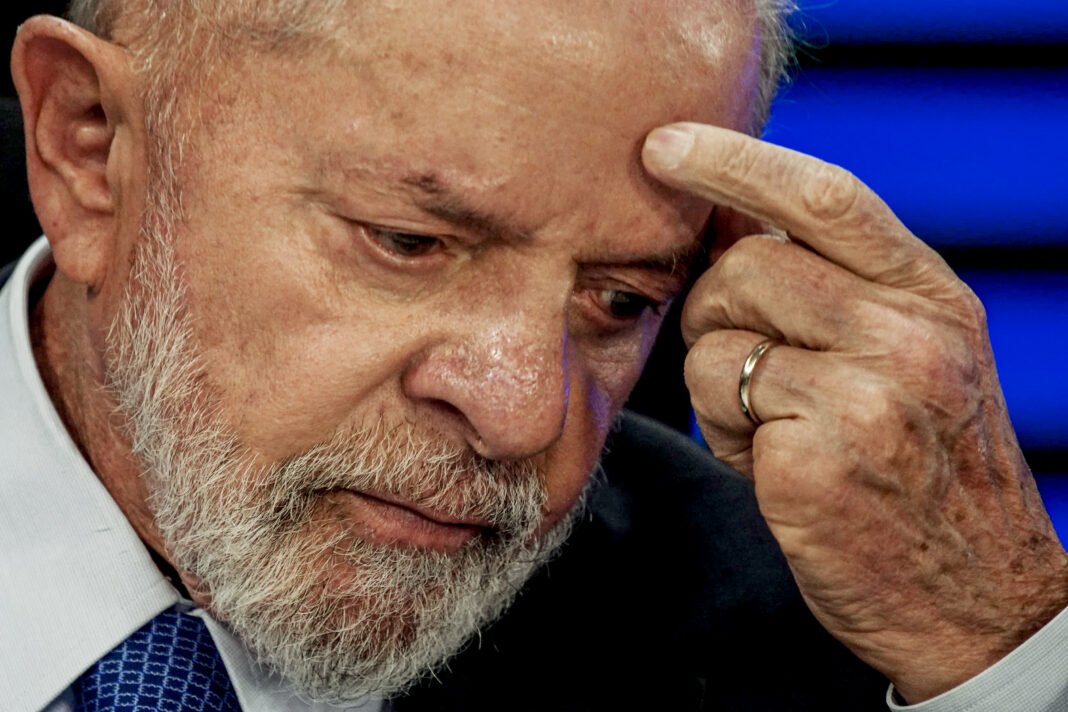President Lula’s government is facing growing political tension as it navigates defeats in Congress, rising pressure from allied parties, and internal challenges in advancing its legislative agenda. A recent loss in the Chamber of Deputies over the IOF tax increase triggered a rapid release of parliamentary amendments in an attempt to ease dissatisfaction among lawmakers. Despite this, relations with the new congressional leadership have cooled, and parties that once supported the administration are signaling potential alignment with opposition forces ahead of the 2026 elections. At the same time, the investigation into digital militias, led by Minister Alexandre de Moraes, remains active and is expected to gain prominence in a politically turbulent period.
This Content Is Only For Subscribers
To unlock this content, subscribe to INTERLIRA Reports.
Government Defeat
On Monday (16/06), the Lula government suffered an anticipated defeat in the Chamber of Deputies, with broad opposition from parties that control 12 ministries — including União Brasil, PP, Republicanos, PSD, MDB, and PDT. The 346 votes against the government came from the alliance of these parties with the opposition PL. While the speeches were united in rejecting the tax increase, the broader issue involves dissatisfaction with the slow pace of releasing parliamentary amendments. In addition to voting against the government, leaders and lawmakers from allied parties publicly criticized the Executive and advocated for the repetition of the measure. The vote addressed only the urgent request for the legislative decree that would overturn the IOF increase, not the substance of the policy itself.
Increase in Amendments
To contain growing dissatisfaction among members of Congress, President Lula’s (PT) government accelerated the release of parliamentary amendments, committing R$776 million by Sunday (22/06), according to data from the Federal Government’s Integrated Planning and Budget System (Siop). The Planalto Palace began ramping up the pace of amendment commitments after suffering this significant defeat in the Chamber of Deputies. On that day alone, R$152 million was committed, and more than R$620 million was allocated in less than a week.
Pressure on the Government
This development comes amid intensifying pressure from the Legislative Branch on the Executive. Lawmakers have been pressuring the government to accelerate transfers, especially in light of the contingency of discretionary spending. The authorized amount for amending disbursements this year totals R$53.9 billion. Delays in the Budget’s approval and changes to transfer rules, established by Supreme Court Justice Flávio Dino, have also contributed to the postponements.
No Progress
Four months after the leadership change in both the Chamber of Deputies and the Senate, the government has struggled to advance key legislative priorities and is witnessing a growing distance from the new congressional leadership. Elected in February with backing from the Planalto, both Congressman Hugo Motta (Republicans) and Senator Davi Alcolumbre (União Brasil) have led votes that resulted in significant defeats for President Lula.According to those close to the president, this distancing reflects the electoral ambitions of Centrão leaders, who have already signaled intentions to support an opposition candidate in 2026.
Avoiding Opposition
Likely future PT president Edinho Silva has stated that, if elected, he will promptly begin discussions with centrist party leaders in states where they remain aligned with the Lula administration. A member of the party’s dominant faction, Building a New Brazil, Silva is the clear favorite to win the internal election in July. He believes it is nearly impossible to count on formal support from the five centrist parties currently in government — MDB, PSD, PP, União Brasil, and Republicanos. The current objective is to prevent these parties from endorsing an opposition candidacy, relying instead on PT allies within them at the regional level.
Digital Militias
Minister Alexandre de Moraes is expected to keep the investigation into digital militias active through 2026. The continuation of this inquiry has sparked debate within the Supreme Federal Court (STF). Moraes has emphasized the need to extend the investigation, citing the expectation of a politically volatile year ahead, due to the conclusion of former president Jair Bolsonaro’s (PL) trial for the alleged coup attempt and the upcoming 2026 elections. The investigation targets the formation of a criminal organization operating through digital platforms, with separate groups responsible for producing, publishing, funding, and politically leveraging disinformation campaigns aimed at undermining democracy.
Analysis:
The current political scenario reveals growing fragmentation in the Lula administration’s ability to maintain cohesion among its allies and push forward its legislative agenda. The defeat in the Chamber of Deputies, even among parties that hold ministerial positions, reflects a deeper dissatisfaction that goes beyond isolated votes. The accelerated release of parliamentary amendments, a common tool to ease tensions with Congress, appears reactive and insufficient in the face of a structural problem: the weakening of the government’s political coordination capacity.
The increasing distance between the Executive and congressional leaders such as Hugo Motta and Davi Alcolumbre illustrates the volatility of the relationship between Planalto and the so-called Centrão. These parties operate with electoral pragmatism and are signaling a shift toward potential opposition support in 2026.
Simultaneously, the decision by Minister Alexandre de Moraes to maintain the digital militias investigation active through the 2026 election cycle shows how the judiciary will continue to play a central role in the political arena. The potential intersection of judicial inquiries with campaign dynamics adds yet another layer of complexity to an already unstable environment.
Sources: O Globo [1], [2]; A Folha de SP [1], [2], [3], [4]; G1 [1], [2].




